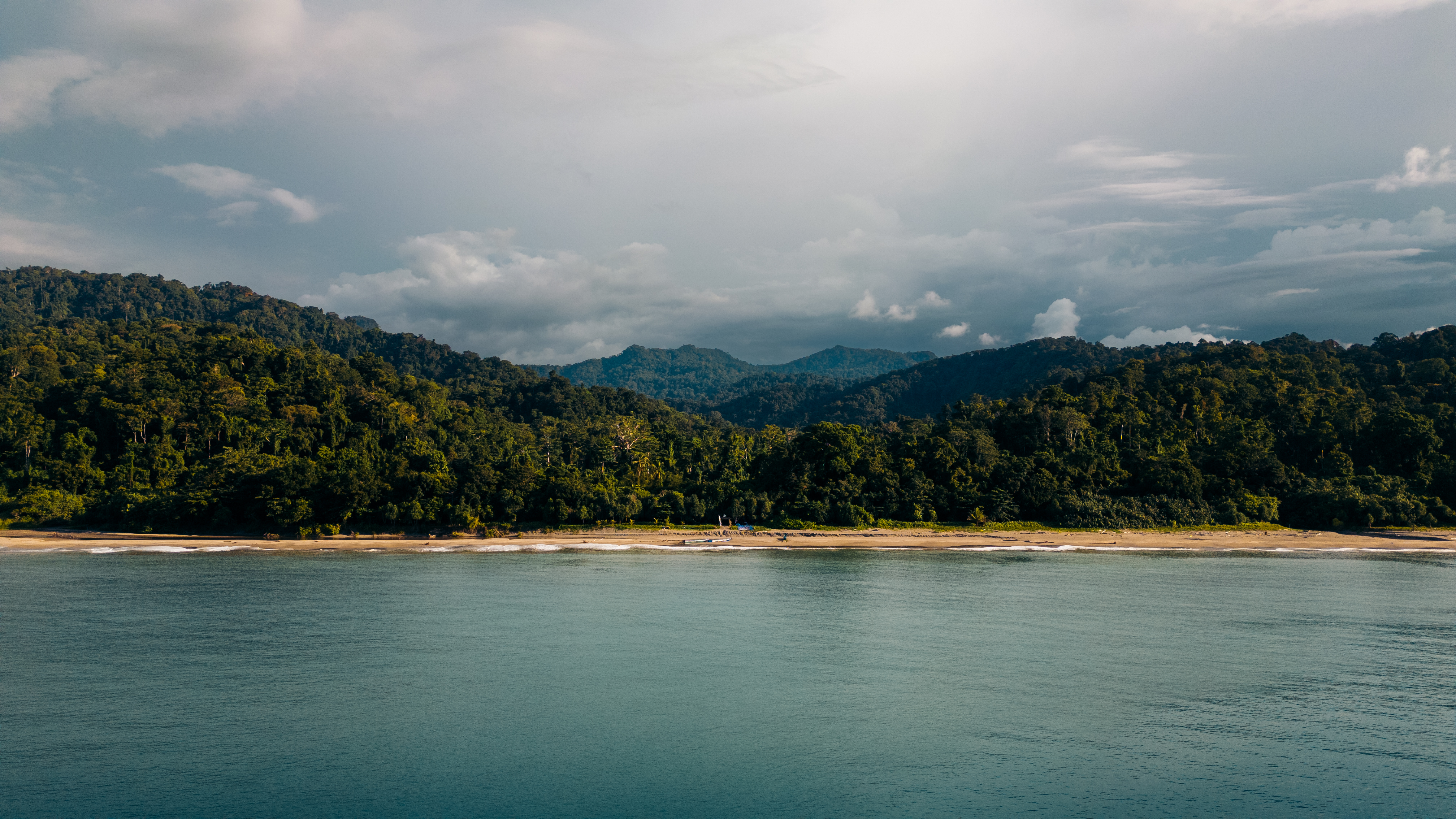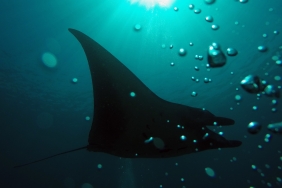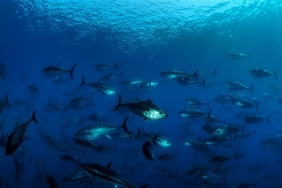PREPARING FOR THE IMPLEMENTATION OF THE ECOSYSTEM APPROACH TO AQUACULTURE (EAA) IN INDONESIA
By Candhika Yusuf
Aquaculture is the present and future of the global fisheries business. The increasing demand for fish products drives the intensity of exploitation of capture fisheries resources massively from year to year. The utilization of fisheries resources is often carried out with the practice of IUU fishing, which results in the decline of ecosystem quality and over-exploitation (overfishing). Not surprisingly, data from FAO's "The State of World Fisheries and Aquaculture"in 2014 showed that world capture fisheries production stagnated at 90 million tons and tended to decline from year to year. On the other hand, the production figure of aquaculture shot up from 49 million tons in 2007, to 66 million tons in 2012.
However, it is important to realize that aquaculture practices also have adverse impacts on ecosystems if done in an irresponsible manner. As part of the strategy to ensure fisheries practices (both capture and aquaculture) are conducted in a sustainable and responsible manner, FAO released a responsible fisheries management code of conduct document called the CCRF. The CCRF is expected to be implemented in all FAO member countries, including Indonesia.
Based on the CCRF document, the urgency to implement fisheries practices based on an ecosystem approach is absolutely necessary before it is too late. In capture fisheries, the holistic approach is known as the Ecosystem Approach to Fisheries Management (EAFM). While in aquaculture, it is called the Ecosystem Approach to Aquaculture (EAA). EAA has three main objectives, namely ensuring human well-being, ensuring environmental well-being, and facilitating the achievement of both. However, as of the end of 2013, not a single country in the world has implemented EAA as a general direction in practicing aquaculture.
The Directorate General of Aquaculture of the Ministry of Marine Affairs and Fisheries (DJPB - KKP) together with WWF-Indonesia took the initiative to embody the EAA approach in a General Guideline document (Pedum). The roadmap to realize the implementation of EAA in Indonesia stretches until 2016 with various main activities, such as the preparation of the draft EAA Guidelines complete with assessment indicators, field trials, until the establishment of EAA Guidelines through the Decree of the Minister of Maritime Affairs and Fisheries.
As the first step in the preparation of the Pedum, on November 24, 2014 at Amaroossaa Hotel Bogor, DJPB - KKP together with WWF-Indonesia held the first meeting in the framework of the declaration of EAA in Indonesia. The meeting was specifically held to discuss the draft EAA Guidelines, identify key indicators of EAA assessment, and build commitment from various parties to remain actively involved in the subsequent EAA Guidelines development process. The meeting was attended by 25 experts in the field of aquaculture, representatives from KKP, Surya University, IPB - Bogor, and UNDIP - Semarang.
Although the road to EAA implementation in Indonesia is still long, the commitment and enthusiasm of the parties in supporting EAA in Indonesia is a very significant capital. The next process is that in the first quarter of 2015, a drafting team consisting of the Directorate of Fish Health and Environment - DJPB KKP, WWF-Indonesia Aquaculture Program, and the Center for Aquaculture and Pathology Studies of Surya University will create a Draft 1 EAA Pedum. This draft will be consulted again with experts before being tested in the field that can represent aquaculture practices in freshwater ecosystems, brackish water ecosystems, and marine ecosystems.





